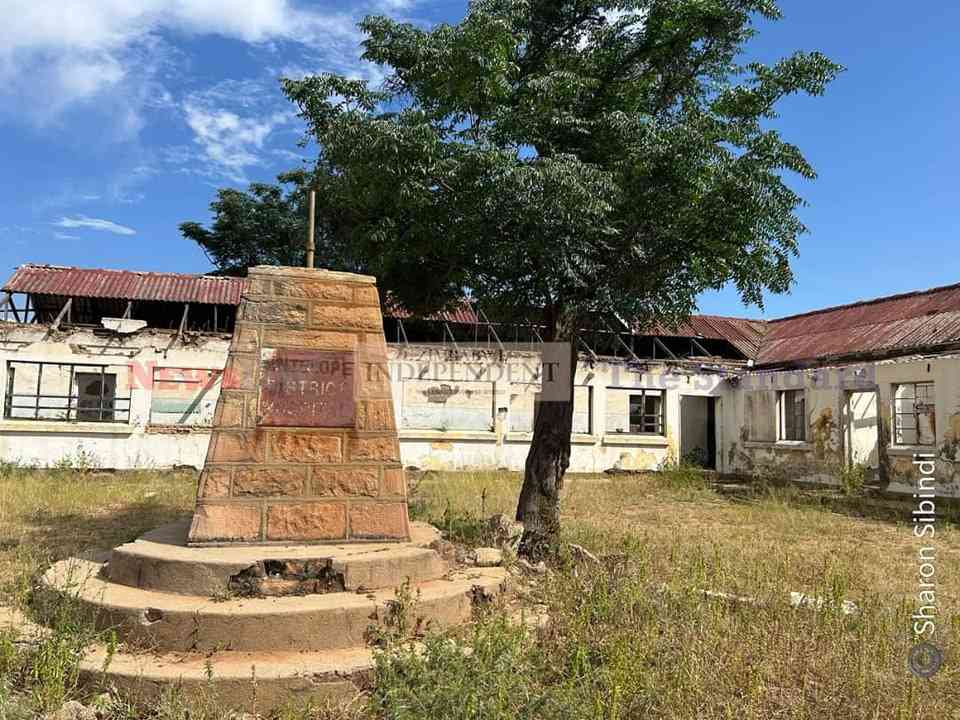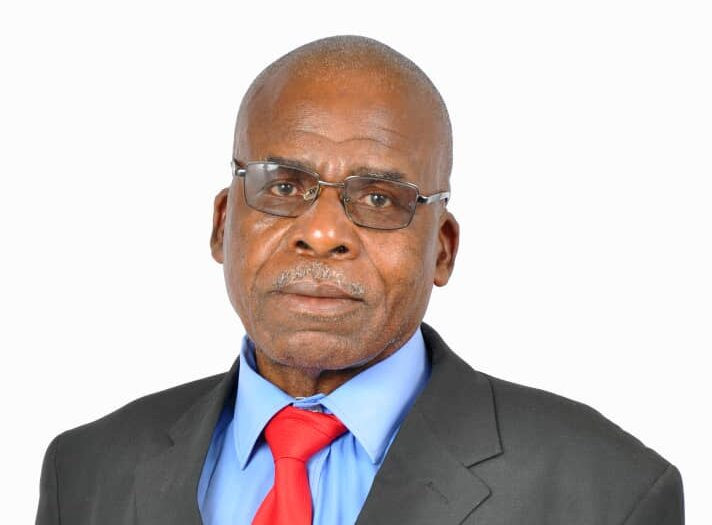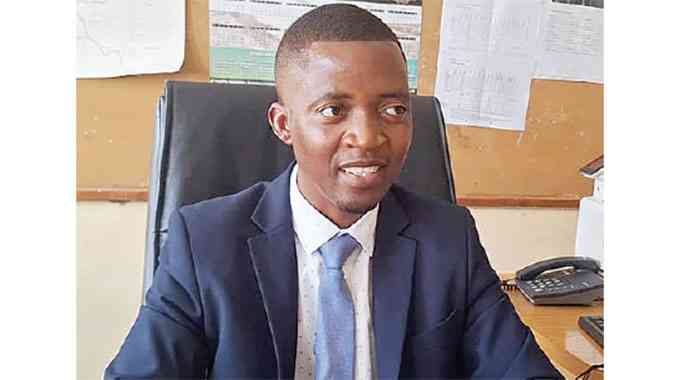
The once thriving Antelope District Hospital, which served thousands across Matobo district, now stands as a pale shadow of its former self in a painful reminder of the collapse of the country’s health delivery system.
On a recent visit to the site, this reporter joined Mahetshe village head Shakespeare Ndlovu, his assistant, and Ward 19 councillor Nqobizitha Ngwenya (Citizens Coalition for Change - CCC), who led a tour of the crumbling structure.
What greeted the group was heart-breaking: the hospital’s roof had been blown off in several sections, and the building was visibly falling apart.
Once sturdy walls are now cracked and discoloured.
Windows are shattered, allowing the wind to sweep through what used to be essential sections of the facility, including the male and female wards, a laboratory, the children’s ward, and other vital service areas.
The structure appears to be on the verge of collapse.
“What you see here is our old Antelope District Hospital,” Ngwenya said.
- Fear grips Maphisa after mine spillage
- Antelope Hospital decay troubles Matobo leaders
- Cautious optimism over Old Gwanda Road
- Maphisa gears up for Independence Day celebrations
Keep Reading
“It’s a very old hospital, which used to be operational before independence.
“But now, as you can see, it’s dilapidated.
“The structure is no longer safe.
“It has been decommissioned — it has to be taken down so we can have a chance to build something new here.”
Once regarded as a top-class medical centre in the area , Antelope District Hospital was a referral point for patients from all corners of Matobo — including St Joseph’s, Sankonjane, Kafusi, Mbembeswana, nearby farms, and even neighbouring districts.
It was known for its accessibility, professional staff, and comprehensive care.
“We had hopes that the site could be repurposed into a vocational training centre to empower our youth,” Ngwenya added.
“Even former Health minister David Parirenyatwa used to say he grew up at this hospital.
“But he became a minister, retired, and now the hospital where he grew up is no more — just an old, unsafe structure.”
Parirenyatwa’s father, the late national hero Samuel Parirenywatwa, once worked at Antelope Hospital before independence.
According to the councillor, some organisations had expressed interest in revamping the facility for community projects.
However, the Department of National Housing - which oversees government buildings - later declared it unsafe and unfit for any form of reuse.
“We only discovered recently through the Department of National Housing that this structure is no longer usable. All along, we had thought it still was,” he said.
“Those people who wanted to use it for training or other projects now have to look for alternative spaces.”
Ngwenya voiced deep concern over the impact of the health system’s decline on the district’s young people, many of whom are turning to informal and dangerous activities like gold panning as early as age 11.
“We need our youth to be occupied meaningfully.
“But now, the opportunity to train or grow through institutions like this is gone.
“ We’ve lost something that could’ve helped pull them into the mainstream economy,” he said.
The councillor also painted a grim picture of the current state of healthcare in Matobo, describing the situation at Maphisa District Hospital as alarming.
Villagers in Matobo and surrounding areas now have to rely on Maphisa Hospital, which is several kilometres away.
“The hospital in Maphisa is not in a good shape, I don’t want to lie to you,” he said.
“If you go there, you’ll see it’s not a hospital you can walk into and expect to come back alive.
“It’s very rundown. Even something as basic as paracetamol is hard to find.
“ That’s the kind of health system situation we’re dealing with. We don’t have a hospital. Maybe this one was better back then — but now we have nothing.”
Ngwenya acknowledged the efforts being made by the Matobo Rural District Council to improve primary healthcare access through the construction of clinics in various wards. Clinics such as Ratanyane (nearing completion), Sigangatsha, Inhlupho, Nyashongwe, and Manyane are part of this push.
“These clinics are meant to refer patients to Maphisa District Hospital,” he added.
“But right now, even that hospital isn’t functioning at a level that gives people hope. People go there with doubt in their hearts, not knowing if they’ll come back.”
For a district that once had a hospital etched in the memories of those born and healed there, the deterioration of Antelope District Hospital and the broader health infrastructure has left a gaping wound.
“It’s got a lot of emotional value and memories for people.
“We had hoped it could continue being a hospital that thrives.
“But sadly, this is where we are now — with nothing,” Ngwenya said.









